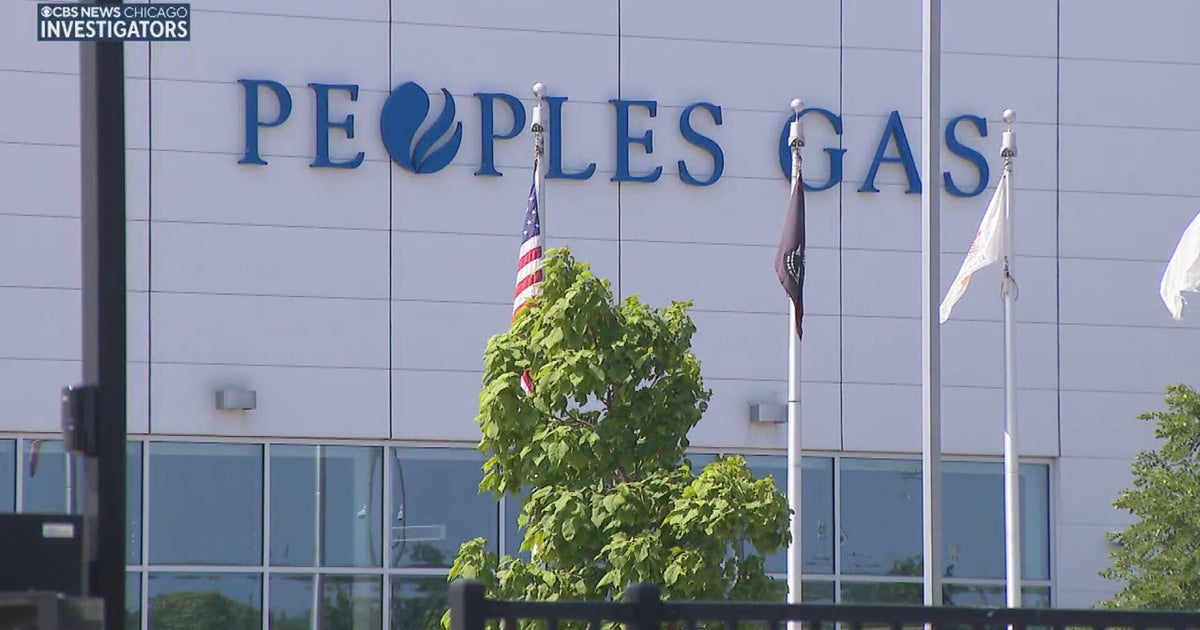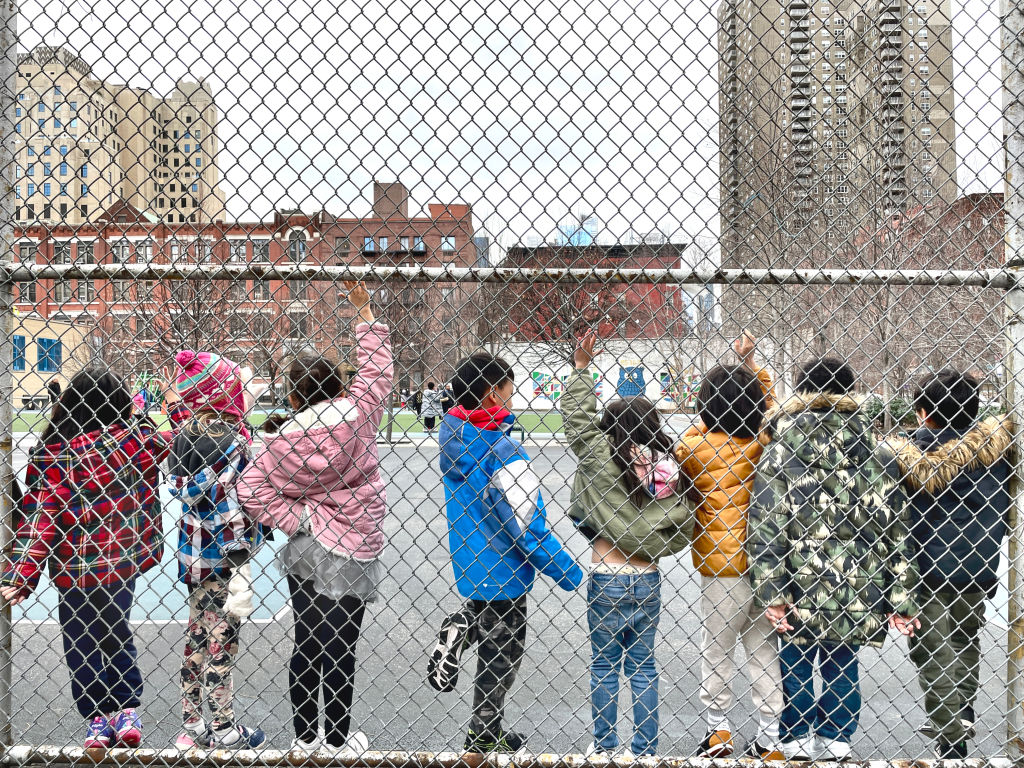NYC restaurants cutting staff hours as minimum wage hits $15
The legal minimum wage for New York City employers with 11 or more workers rose more than 15 percent on Dec. 31, 2018, to $15 per hour from $13, giving fast-food, retail and other employees a bump in pay. But some New York City restaurant owners say the latest minimum wage hike is forcing them to cut workers' hours just to stay afloat.
It's the third rise in the city's base wage since Dec. 31, 2016, when it went to $11 an hour. The latest increase is part of a plan that phases in minimum wage hikes across New York state, with amounts and effective dates varying by region and industry. It's not just a New York phenomenon, however: Minimum wages rose in 20 states with the new year, forcing businesses across the country to grapple with higher payrolls -- and compete for workers with giants like Amazon that are already offering $15 an hour.
Jon Bloostein operates six New York City restaurants that employ between 50 and 110 people each. The owner of Heartland Brewery and Houston Hall, Bloostein said the effect of the higher minimum wage on payroll across locations represents "an immense cost" to his business.
"We lost control of our largest controllable expense," he told CBS MoneyWatch. "So in order to live with that and stay in business, we're cutting hours."
Bloostein said he has scaled back on employee hours and no longer uses hosts and hostesses during lunch on light traffic days. Customers instead are greeted with a sign that reads, "Kindly select a table." He also staggers employees' start times. "These fewer hours add up to a lot of money in restaurants," he said.
Bloostein said he has increased menu prices, too. "So as a result [of the minimum wage hike], it will cost more to dine out," he said. "It's not great for labor, it's not great for the people who invest in or own restaurants, and it's not great for the public."
A New York City Hospitality Alliance survey of 574 restaurants showed that 75 percent of full-service restaurants reported plans to reduce employee hours this year in response to the latest mandated wage increase. Another 47 percent said they would eliminate jobs in 2019. Eighty-seven percent of respondents also said they would increase menu prices this year.
These types of cost-cutting moves coincide with a U.S. Labor Department report released last Friday showing full-service restaurants in December raised prices the most since 2011, to cover soaring labor and food costs.
"The money has to come from somewhere, and we found that unfortunately, as a result, businesses are making some really tough decisions which don't only impact them, but have a negative impact on their workers as well as their diners, too," said Andrew Rigie, executive director of the New York City Hospitality Alliance, which represents restaurants and nightlife venues throughout the five boroughs.
But shaving workers' hours and killing jobs limits restaurateurs' ability to offer employees opportunities for growth and development. It also can kill owners hopes of offering a fine-dining experience that delivers both good food and good service.
Servers also bus tables
Susannah Koteen, who opened Lido Restaurant in Harlem in 2011, said she has already started combining jobs to reduce workers' hours. She relies on servers to bus their own tables, eliminating one of the lowest-paying customer-facing jobs.
She explained her rationale: "A server can bus their own table, but you can't ask a busboy to open a bottle of wine and talk about what it can be paired with," she said.
Koteen said she's loath to cut these kinds of positions in a community she cares about and from which she has in the past promoted low-wage workers to management positions. "Our current general manager started as a busser the day we opened. English is not his first language, he has his GED. He is smart, hardworking and cares about customer service."
She also worries that the wage mandate will discourage operators and change the restaurant landscape in New York City.
"If you make it impossible for people to operate, they have to close or take drastic measures or really cut people back. At some point people aren't going to be opening because you have to look at the bottom line," she said.
Staff layoffs diminish quality
Some businesses are finding other ways to trim costs while retaining their staff.
Marc Sherry, co-owner of the 1860s-era Old Homestead Steakhouse in Manhattan, said he never considered reducing his staff in response to the wage hike.
"The increase in the minimum wage is in effect, but it was never in our business plan to lay off staff because if we lay off staff, we aren't able to maintain the quality and experience we have brought for the last 150 years," he said.
This way he avoids turnover, which can be costly to a business. "Employee retention helps customer retention," said Holly Sklar, founder and director of Business for a Fair Minimum Wage.
And workers are customers too, economists point out.
A wage hike would help put money "into the hands of people who have no choice but to spend it," said Heidi Shierholz of the Economic Policy Institute.
Instead of cutting jobs, Sherry spending more time looking for better food prices and trimming nonfood expenses, including the restaurant's phone and electric systems.
"You look at every avenue of business to save money," Sherry said, "but never cut staff from the kitchen, bar or front of house because that ruins the experience we have been known for."



